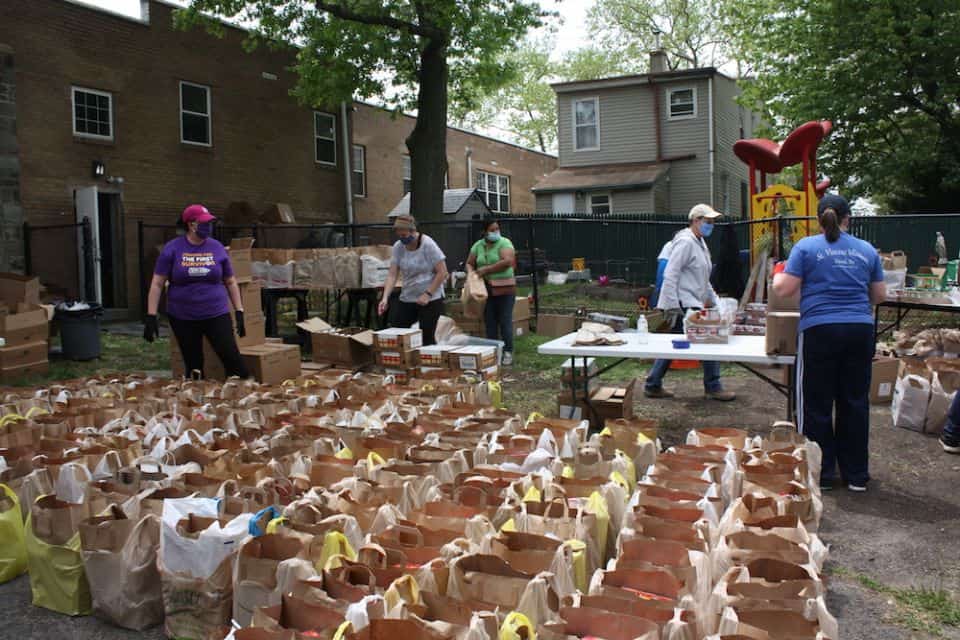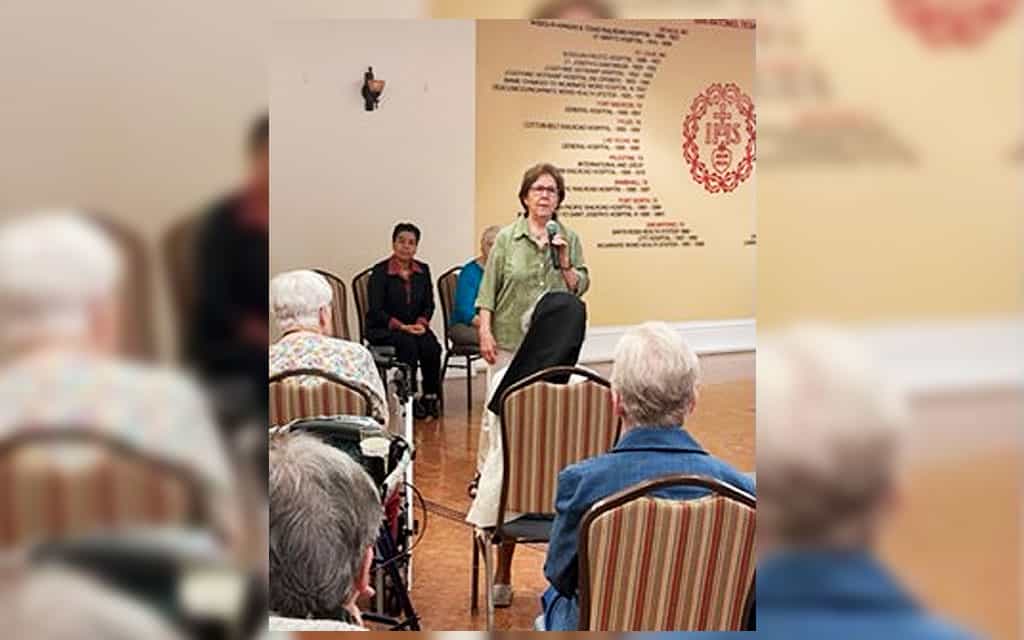The Feast of the Body and Blood of Christ is an opportunity to reflect on the gift of the Eucharist. The Church’s theology of the Eucharist presents the Eucharist as meal, and sacrifice.
First, Eucharist is a meal, meant to be shared. It is a community celebration, where we come together to be with each other, to share ordinary life, to celebrate special events with each other, to console and cry with each other, and to be together simply for the sake of being together. When Jesus gave us the Eucharist, he intended it to be a ritual that invites us to come together like a family, in every circumstance in life. To come together despite tedium, boredom, low energy, busyness, distractions, tensions. Families are for every day, not just special days. So is the Eucharist.
Eucharist is also sacrifice. Sacrifice is an act, any act, through which we enter into deeper communion with God and each other. It opens us to deeper communion by changing and stretching the heart of the one offering it. St. Augustine said, “ To make a sacrifice is to surrender something out of love, something that is ours and is painful to give away, and to let the pain of that surrender stretch and change our hearts in such a way that we are now more open to communion with God and others.”
We also want to see the gift of the Eucharist. Imagine this exchange between to people: one person offers the other a gift; in humility, the receiver tries to give the gift back to the giver. The giver refuses to take it back, and re-gives the gift. The gift is received a second time, with a deeper understanding.
So it is in the Mass: God gives us bread and wine; we take them and offer them back. Christ himself takes the gifts and gives them back, as his own self. We receive the gift – of the Body and Blood of Christ – with a deeper understanding.
During this COVID-time, when we haven’t been able to come together physically for the celebration of the Eucharist (Mass), for many of us, understanding Eucharist as meal and sacrifice has become visceral through our lived experience.
We are invited to think back on these past few months, and reflect on the changes we’ve experienced, especially in regard to family meal, and sacrifice. What insights do our lived experiences help us understand more clearly the power of the Eucharist because of its nature of meal, and sacrifice? When we are able to return to our worshipping communities to celebrate Eucharist, take with you all that you’ve experienced during COVID-time, and experience Eucharist, the Body and Blood of Christ, in a whole new way.









0 Comments